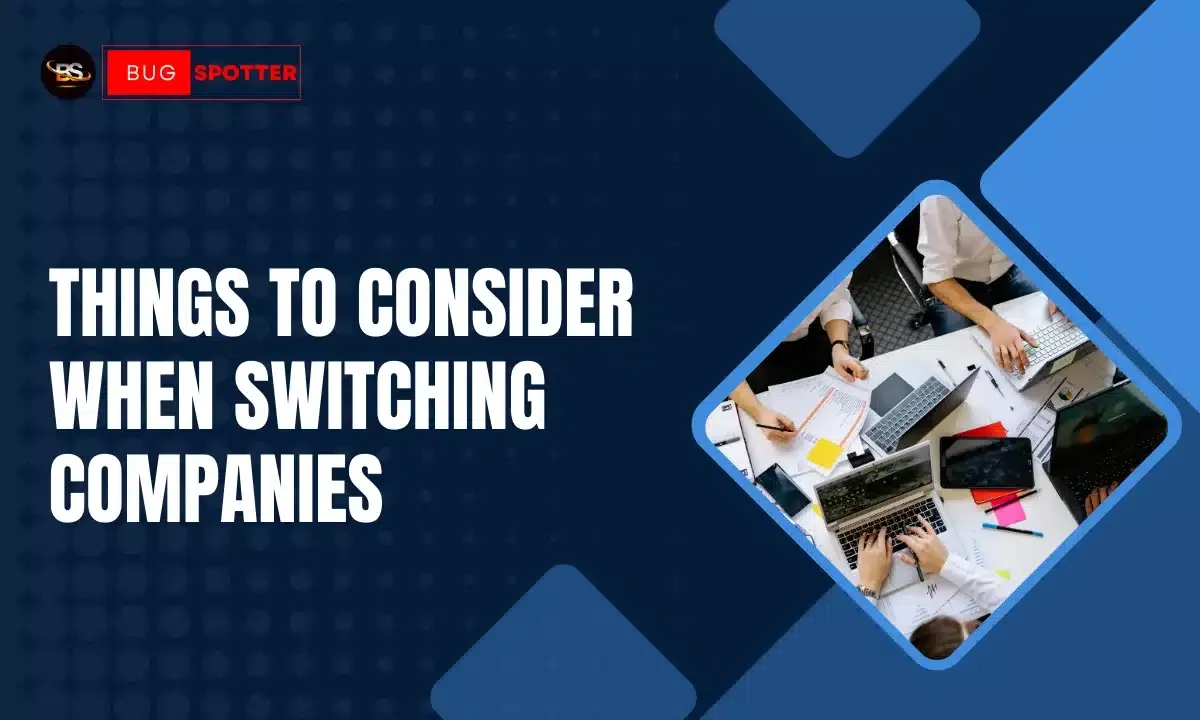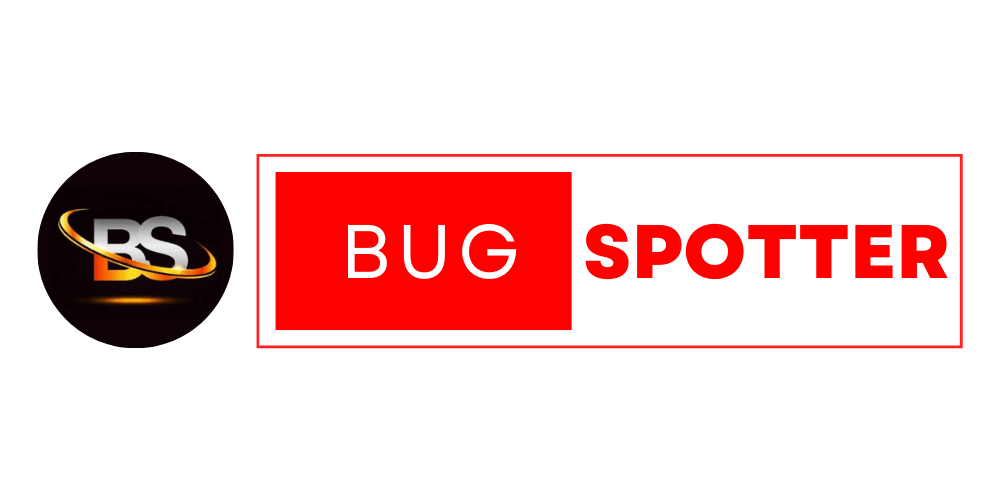Things to Consider When Switching Companies
Note : This post is only for 4+ Years of experience employees

Evaluating Your Skill Set
Before making a switch, it is essential to conduct an honest evaluation of your skill set. This assessment will help you identify your strengths and areas that need improvement.
Assessing Your Strengths and Weaknesses
Start by listing your technical and soft skills. Seek feedback from colleagues and mentors to gain an external perspective. Identify the skills that are most valued in your desired role and compare them with your current capabilities. This exercise will help you understand where you stand and what you need to work on to meet the expectations of your next employer.
Enhancing Your Skill Set
Once you have identified the gaps, take proactive steps to bridge them. This could involve taking online courses, obtaining certifications, or engaging in self-study. Focus on both technical and soft skills, as employers look for well-rounded candidates who can collaborate effectively and adapt to different work environments.
Industry Certifications and Courses
Earning industry-recognized certifications can significantly enhance your employability and demonstrate your commitment to continuous learning.
Importance of Continued Education
Continued education is vital in rapidly evolving fields like data science and software testing. New tools, frameworks, and methodologies emerge regularly, and staying updated with these advancements can give you a competitive edge. Enroll in relevant courses and pursue certifications that align with your career goals.
Relevant Certifications in Data Science
Certifications like Certified Analytics Professional (CAP), Microsoft Certified: Azure Data Scientist Associate, or the IBM Data Science Professional Certificate can validate your expertise and open doors to new opportunities. These certifications cover essential topics such as data analysis, machine learning, and data visualization, providing a comprehensive understanding of the field.
Relevant Certifications in Software Testing
For software testing professionals, certifications like ISTQB Certified Tester, Certified Software Test Engineer (CSTE), and Certified Agile Tester (CAT) are highly regarded. These certifications cover various aspects of testing, including test management, design techniques, and agile testing methodologies, ensuring you are well-prepared for complex testing environments.
Preparing for Interviews
Thorough preparation is key to acing interviews and securing your desired role.
Crafting a Compelling Resume
Your resume is the first impression you make on a potential employer. Ensure it is well-crafted, highlighting your key achievements, relevant experience, and technical skills. Tailor your resume to the job description, emphasizing the skills and experiences that align with the role you are applying for.
Showcasing Your Achievements
Use concrete examples to showcase your achievements. Include metrics and data to quantify your contributions. For instance, mention the percentage improvement in system performance due to your optimization efforts or the number of successful projects you have delivered.
Handling Technical Interviews
Technical interviews can be challenging, but thorough preparation can make a significant difference. Practice coding problems, algorithm design, and system design questions. Participate in mock interviews to simulate the actual interview experience. Be prepared to discuss your previous projects in detail, explaining your thought process, challenges faced, and solutions implemented.
Networking and Professional Relationships
Building and maintaining professional relationships can provide valuable support and opportunities throughout your career.
Leveraging Professional Networks
Join professional organizations and online communities related to your field. Attend industry conferences, workshops, and seminars to expand your network. Engage with peers and industry leaders on platforms like LinkedIn. Networking can lead to job referrals, collaborations, and mentorship opportunities.
Maintaining Relationships in Your Current Company
Maintain positive relationships with your current colleagues and managers. A strong professional network within your current organization can provide valuable references and support in the future. Moreover, leaving on good terms ensures that you can return if the opportunity arises.
Negotiating Your New Role
Effective negotiation can ensure you receive a fair and competitive compensation package in your new role.
Understanding Your Market Value
Research the market rates for your role and experience level. Websites like Glassdoor and Payscale can provide valuable insights into salary ranges and benefits for similar positions. Understanding your market value empowers you to negotiate confidently.
Negotiating Salary and Benefits
Approach salary negotiations with a clear understanding of your worth and the value you bring to the organization. Be prepared to discuss your achievements and how they align with the company’s goals. Consider the entire compensation package, including benefits, bonuses, and stock options. Be willing to negotiate for elements that matter most to you, such as remote work options, flexible hours, or professional development opportunities.
Making a Smooth Transition
A smooth transition is essential to ensure a positive start in your new role and maintain professional relationships.
Handing Over Responsibilities
Before leaving your current company, ensure that all your responsibilities are handed over properly. Document your tasks, ongoing projects, and any important information that your successor will need. Conduct a thorough handover process to ensure continuity and minimize disruption.
Leaving on Good Terms
Resigning gracefully is crucial for maintaining a positive professional reputation. Provide adequate notice, express gratitude for the opportunities you have had, and offer to assist with the transition. Leaving on good terms can lead to positive references and potential opportunities in the future.
FAQs
1] What is the ideal tenure before switching companies?
While there is no hard and fast rule, a tenure of 2-3 years is generally considered ideal as it demonstrates stability and provides sufficient experience.
2] Why are Form 16s important when switching companies?
Form 16s provide a record of your earnings and tax contributions, which are often required for background checks, loan applications, and visa processing.
3] How can I deepen my technical expertise?
Engage in continuous learning through courses, certifications, and hands-on projects. Participate in industry events and online communities to stay updated with the latest trends.
4] What certifications are valuable in data science and software testing?
For data science, consider certifications like CAP, Azure Data Scientist Associate, and IBM Data Science Professional Certificate. For software testing, certifications like ISTQB, CSTE, Bug Spotter certification and CAT are highly regarded.
5] How should I prepare for technical interviews?
Practice coding problems, algorithm design, and system design questions. Participate in mock interviews and be prepared to discuss your previous projects in detail.
6]How can I effectively negotiate my salary in a new role?
Research market rates, understand your worth, and be prepared to discuss your achievements and how they align with the company’s goals. Consider the entire compensation package and negotiate for elements that matter most to you.

